10 Best Hybrid App Development Frameworks That You Should Know About
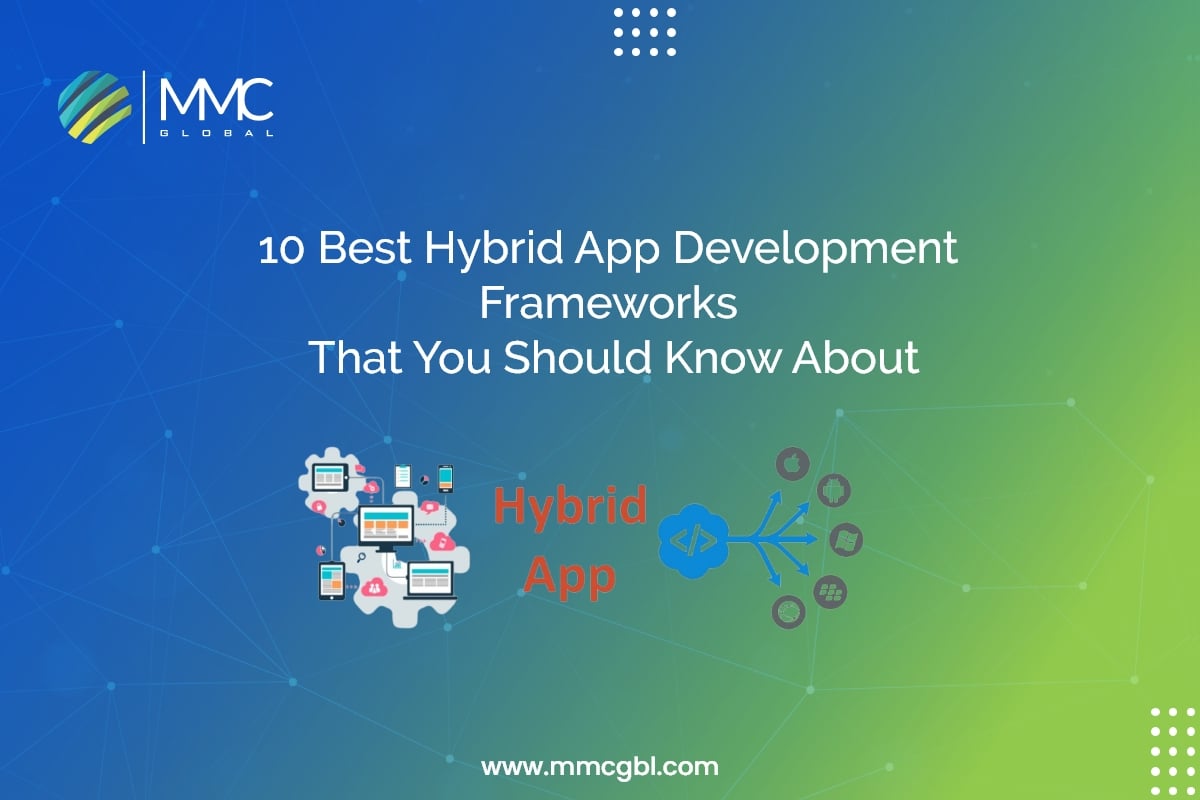

Nothing suddenly happens! If we talk about the transition from desktop to mobile applications. Gradually it shifts from desktop to mobile applications. The benefit of using a mobile app is that you can quickly reach a wider and more diverse audience. When it comes to hybrid app development, a number of factors contribute to their success. Frameworks, channels, ASO, and other factors are to credit for the success of mobile apps.
It all comes down to native versus hybrid apps when we discuss frameworks. In this article, we will be discussing what a hybrid mobile app framework is. And in case you are thinking about hybrid app development, there are agencies you can find providing the service like MMC Global. If you want quality work, this can be your best choice as there are professionals handling everything.
However, before moving forward, you may want to know the difference between the two. The article highlights the distinctions between the two so that knowledgeable programmers understand which one they should implement. So, let’s dive in!
Know the difference – Hybrid vs Native
Native
If we talk about Native apps, they are solely designed for their own operating system, whether it’s Android or iOS. To create the native apps for Android, Java or Koltin are used, while Objective-C or Swift are used to develop Native apps for iOS. Moreover, the iOS apps are created with Xcode, whereas Android ones with Android Studio.
Although everybody wants the quickest apps, and that’s the reason they opt for Native, mind you, these are the expensive ones too. Also, it won’t be possible to use an app on different platforms which are specifically designed for one platform. To put it simply, a Kotlin-written program wouldn’t work on its platforms and the other way around.
Hybrid
While we are moving further, let us first understand the Hybrid framework. When we use the term ‘Hybrid app development,’ it indicates the combination of native and web app development. The best Hybrid app frameworks are necessary since hybrid programs are developed for a multitude of platforms.
Moreover, HTML, JavaScript, and CSS technologies are utilized to develop these sorts of applications. Although indeed, these apps are not faster when compared to native apps, they are easy to create.
Other benefits of Hybrid app development frameworks include cost-effectiveness and the fact that you can develop each app utilizing a single code and create apps for several platforms. Yes! There are a plethora of differences between Native and Hybrid apps, but the ones mentioned here are the important ones.
Now again, coming to the Hybrid app frameworks, it is necessary to utilize extraordinary and advanced frameworks to achieve the greatest results. Here you will learn about several Hybrid frameworks to select from, that suit your company’s needs.
Well, if you clearly understand Hybrid frameworks, let’s move on to the actual discussion.
Hybrid app development frameworks to work on
Ionic
If we are discussing the best Hybrid frameworks for developing mobile apps, surely Ionic comes among the most well-known frameworks in use currently. Not only that, but the frontend HTML is formed on top of AngularJS and Cordova, leveraging the most exciting APIs like DOM with custom elements.
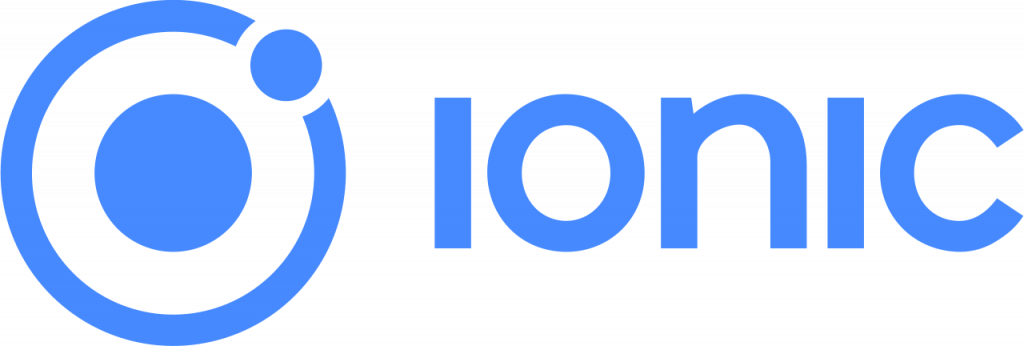
However, the formal involvement using Vue is currently being worked on (for assistance). It will become simple for you to create PWAs (progressive web apps) with the Ionic framework. And if anyone wants to learn Ionic, let me tell you it’s simple and makes the framework fun to employ.
It features a powerful front-end construction toolkit and first-rate UI components that allow developers to build outstanding PWAs. It also lets developers deliver stunning visuals and designs. The Ionic Hybrid app development framework can assist a developer with UI design elements such as picture design, layout, typography, creative themes, etc.
It’s possible to create Hybrid apps in TypeScript and Node.js with the help of CLI (Command Line Interface). Now it’s not difficult to develop Hybrid apps which you can update regularly. While also, you can avail a built-in development server and debugging capabilities and catalyze other essential features using the Ionic CLI.
React Native
If you want to know the answer to what the Hybrid framework is, here is it: React Native was created in 2013 as a framework for developing web interfaces. Facebook then unveiled it in 2015 for Hybrid app development. React native is said to be the greatest hybrid app development framework, gaining a solid reputation in 2020 and is expected to do so in the future.

Some people compare React native to Ionic because they perceive them as a common substitute. Whereas React native provides its users with almost the experience of Native apps, which includes improved reliability, analysts claim that Ionic gives rise to advanced UI compared to other apps. React Native has great potential height among the top frameworks for developing Hybrid apps. It is the future!
You can only get a command on React Native by its usage. It implies that you can’t be a React Native professional with just a few times using it. If you want to understand its reactive pattern, it’s necessary that you invest your time using this Hybrid framework. Additionally, it has limited UI and native features that drive developers to write more and more code.
Flutter
If you want to know more about the best Hybrid app framework, you should continue reading the list till the end. Two years back, Flutter managed to create a lot of hype. Renowned developers from around the world admired Google’s open-source SDK. Flutter uses Dart (one of the solid languages), yet another Google masterpiece, and the C++ mapping engine.

Flutter with a unified codebase for both Android and iOS enables developers to develop high-level productivity apps. It provides space for very imaginative UIs with adaptable patterns and permits engaging activities that result in great MVPs (prototypes). Now larger organizations are opting for Flutter just because of this.
PhoneGap
Yes! There are so many fabulous Hybrid app development frameworks out there, so why would any developer go for PhoneGap? First, we will understand what it is!
Because of the Adobe and Cordova framework compatibility, PhoneGap is referred to as Apache Cordova. It is included among the best Hybrid app frameworks that enable developers to create apps using JavaScript, CSS3, and HTML5. PhoneGap provides a single codebase for all platforms and trustworthy cross-platform suitability.
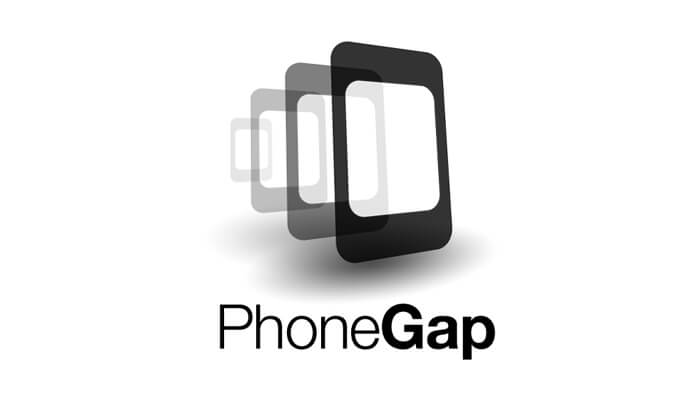
As it becomes simple to advance, the developers don’t have to make a double effort. If you are on a budget, it is the perfect option for you. Other noteworthy characteristics of PhoneGap include greater accessibility to Native APIs, robust backend integration, well-known UI modules that can improve the user interface, and many more. Most importantly, Adobe trusts it.
PhoneGap features a magnetic component named ‘Build,’ but what is it? It contains a cloud compiler that lets developers compile apps without even downloading SDK. With the PhoneGap framework, it is easy for developers to build Hybrid apps packed with features, yet entirely unique.
Although there are just a few ways to do it, these apps have the possibility of reaching a larger market and operating perfectly. The optimal use of PhoneGap is if a developer creates mobile web apps that are simple to utilize and comprehend rather than sophisticated. So, what’s better than PhoneGap if you are on a budget?
Xamarin
It is said to be one of the smartest frameworks developers are utilizing, which was just by Microsoft as the best Hybrid app development framework. C# (the most recent programming language) with an advantage over Java and Objective-C is used to write it. The ability to natively integrate Java, C++ and Objective-C modules distinguish Xamarin from other development environments.
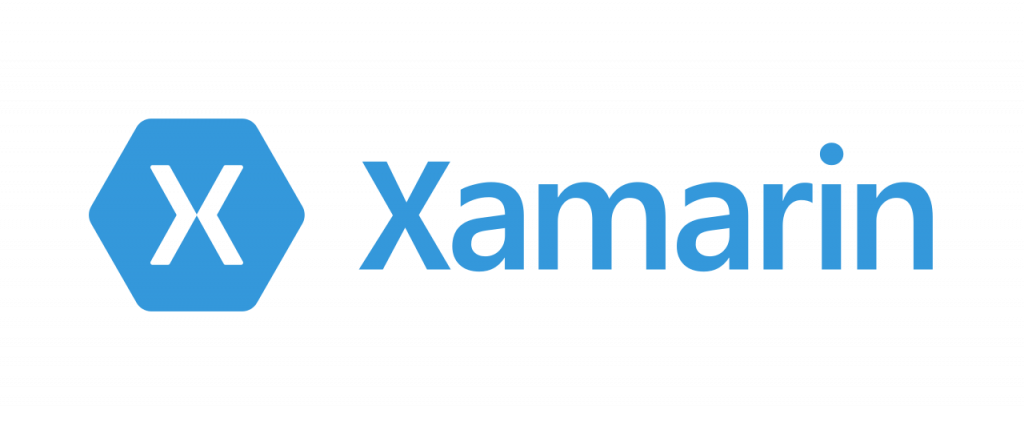
Moreover, you can find several libraries in Xamarin. It reduces your budget to a minimum cost. Where things get intriguing is when Xamarin often challenges React Native for a primary place. Xamarin is a platform that caters to hybrid apps that strike an equal balance between originality and spending. It will surely take this question away – what is the best framework for Hybrid app development?
Xamarin is a tool that allows you to create hybrid apps for iOS, Android, Windows, and more. The Xamarin Mac tools adhere to the Write Once, Run Anytime (WORA) approach. It has a sizable community and receives significant assistance from third-party developers. It provides functionality and UX on par with native apps.
NativeScript
People who wish to create cross-platform apps to be developed in JavaScript, TypeScript, or Angular should opt for a NativeScript framework. It provides users with access to both Android and iOs APIs. It is designed employing JavaScript or any other language that transpires to JavaScript.
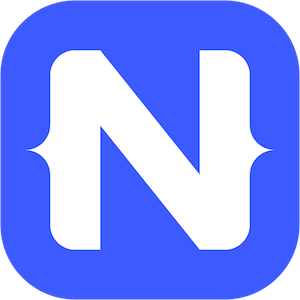
The NativeScript-created apps are entirely native and employ the same APIs as those identified in Xcode or Android Studio. Alone without a wrapper, the apps could be linked with this third-party module from CocoaPods, Maven, and Node.js. The handling of native API requests by reflection is an additional noteworthy aspect. ReactNative apps can now access all the capabilities introduced to every native platform API.
Kendo UI
Kendo UI can be an answer to the most popular concern, what is the best Hybrid app development framework? It can provide you with the ultimate set of JavaScript UI elements along with Angular, React, jQuery, and Vue libraries. Kendo UI enables its users to create high-performance, compelling, and responsive applications no matter which JavaScript framework you use.
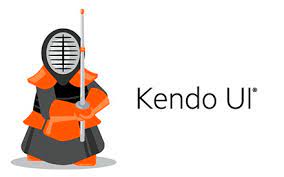
Additionally, you can easily include the advanced UI elements into your design and take support of your already existing libraries. It provides you with a bundle of up-to-date features such as modern data grid elements, charts, spreadsheets, schedulers, and many more.
Framework7
You can say that Framework7 is a leading Hybrid app framework that is free of cost and open-source to develop mobile, desktop, and web-based apps with a native touch. It is a hybrid app development framework with UI elements that can run smoothly on any platform.

It works very well with high-tech programming tools, including NW.js and Electron. One of the best Hybrid app frameworks, lets you utilize any technology you want, excluding HTML, CSS, and JavaScript.
Aurelia
Aurelia is said to be the one powerful Hybrid app framework that enables you to develop components leveraging Vanilla JavaScript and TypeScript. With simple development and unparalleled scalability, it fosters a large online community.
Aurelia, a straightforward, effective, and discreet framework, allows its users to build cross-platform apps with improved navigation, structure, and dynamic upgrading.
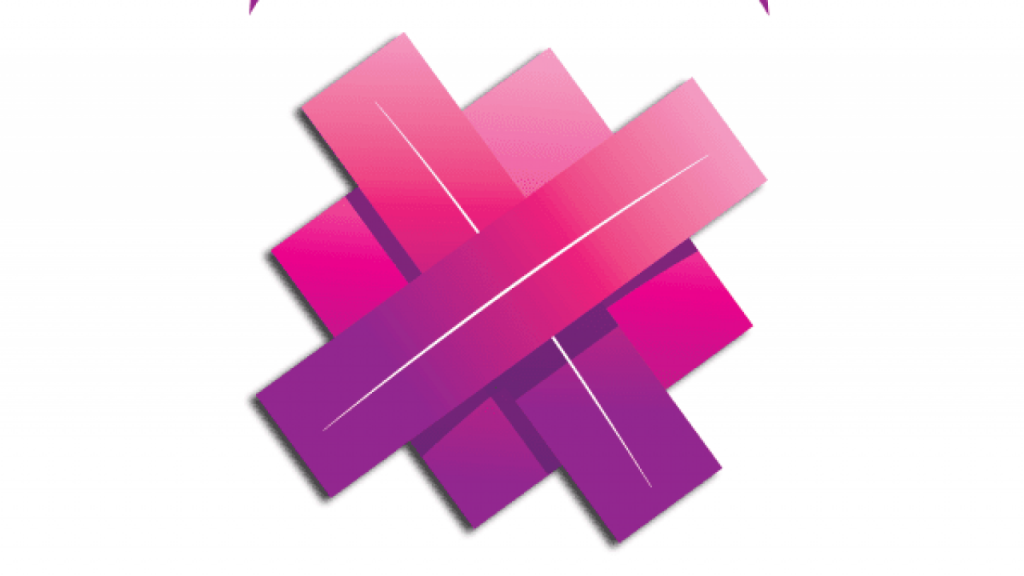
Onsen UI
Onsen UI can prove to be your great choice as it enables you to develop apps and elements for different operating systems. It is said to be among the quickest methods to create HTML5 Hybrid apps. Moreover, it gives a Native touch to users and provides a lot of ready-made elements and automated styling.
Onsen UI is a mobile-friendly and easily understandable framework. The apps you develop using Onsen UI will also work effortlessly on low-end devices.

Hybrid App Development Frameworks FAQs:
What is a Hybrid app?
A hybrid app is simply a web-based app that has a lightweight native app “container” that enables it to use native framework capabilities and device technology that perhaps a web app cannot.
In order to give hybrid apps cross-platform capabilities, they are created using widely utilized frontend development tools and languages, including JavaScript, HTML5, and CSS.
How are Hybrid applications made?
In order to bring your app to life, hybrid app development entails finding the ideal balance between native and web development tools. A review is a vessel that houses the primary app code of a classic hybrid app built using HTML, CSS, and JavaScript web tools.
Even lately, you can gather your JavaScript into machine code to get native functionality with emerging cross-platform app development frameworks like React Native.
Where can we find a good agency to avail the service?
Several agencies are providing the service, but if you want a quality service, the best fit for you might be MMCGBL. You will find professionals dealing with everything from starting to the end of your project.
End line
I hope you may now understand the Hybrid app development framework. But picking the best framework may be a difficult choice to make. If you struggle to select one, you can choose two: Flutter and React Native. Flutter is the latest one with powerful features and allows you to learn a new language, ‘Dart.’ while also providing a single codebase for both platforms Android and iOS.
Whereas, if we talk about high-performance React Native, it makes developers’ jobs enjoyable and also makes it easier to develop engaging apps. It provides full support to Node.js, saving time as well as space. So, if we summarize, Flutter and React Native contain a collection of the best Hybrid apps existing.



